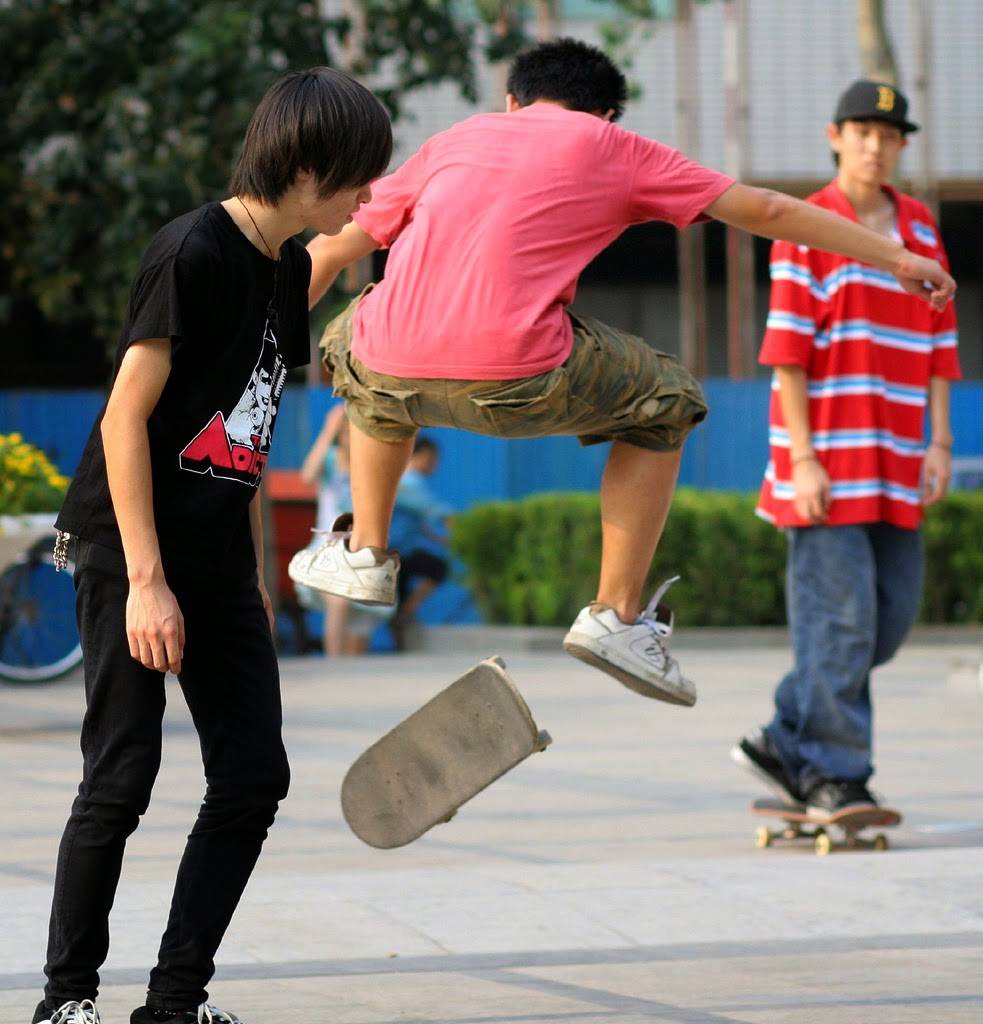Friendships, and just plain dealing with other students in school, can be difficult. Do your teens ever come across students who put others down for being smart, well-behaved, industrious and moral? Bullying behaviour is done to devalue those traits that others have, but they don’t have themselves. They can often reflect the low self-esteem of the person doing the bullying. Help teens navigate through some of these challenges of this “minefield” called "school" that they might encounter.
Cliques, and Why do cliques form?
Cliques form because teens can feel unsure of themselves socially. They lack confidence and social skills. Cliques and gangs (carried to an extreme degree) offer love, approval, protection and support. The more the clique puts people down, the cooler they feel. Help your teen to decide on whether being part of a clique is worth the time or if it is that important. If it is not that important, encourage teens to politely ignore or avoid a troublesome clique, and develop their own friends based on those who are warm, interesting and inviting.
Peer Pressure
Friends may become involved in questionable activities… just politely, and assertively, say "NO." No is the ultimate self-control. “No, thank you,” “I’d prefer not to,” “Count me out.” No further explanation is required – stand firm. Responding with an explanation can put you on the defensive. Saying it aggressively can send the wrong message. Besides, once your teen says "No," others may follow their lead.
Back Biting
Person A tells you your friend has been saying nasty thing about YOU. What should you do? Did Person A hear it from your friend or has it been passed on from person to person. Check out backbiting rumor with your friend – give him or her the benefit of the doubt. Tell him or her what you heard and how it made you feel.
Shunning
For no reason, friends start to avoid your teen… stop talking, don’t return calls, etc. Your teen feels sad and lonely. Suggest that your teen ask him or herself some questions – have I changed? Have I done something that might be causing problems? If nothing comes to mind, chat with one trusted friend alone. Hopefully, he or she will shed some light. If it’s a misunderstanding, then it can be set straight. Sometimes, friends break up for no reason. If this is the case, remind your teen to hold their head high and make new friends.
Taking Sides
If two friends are at odds with each other, let your teen know to refrain from taking sides even if they enlist his or her support. Don’t let either person badmouth the other to your teen. However, your teen could relay good information like, “If only Sue would apologize, I’d forget the whole thing.” Report that information to the other friend in the hopes that there can be a reconciliation.
Telling Secrets
Keeping secrets can be difficult because information is POWER. The friend may not be acting with malice. He or she may think that they’re passing on a secret to a trusted friend. But then that friend may tell their “trusted” friend and so and so on. One sure-fire way of not having secrets revealed is never tell any in the first place.
Jealousy
Teach your teen to be happy for their friends’ achievements. Never feel jealous or compare themselves to others. They are different and your teen has many talents, too. Focus on the positive.
 |
| By Canadian Contributor Maria Doll ~ An etiquette coach, Maria has been conducting personal consultations, workshops, camps and seminars for children, teens and young adults since 2009. Her etiquette program and company Leadership Matters has been featured in print, radio & television media. |
Etiquette Enthusiast, Maura J. Graber, is the Site Editor for the
Etiquipedia© Etiquette Encyclopedia




No comments:
Post a Comment